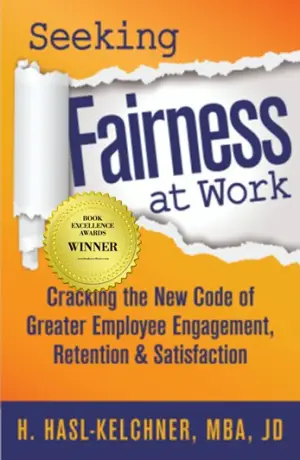Surviving Life’s Challenges: A Reflection on Survivor Personality by Al Siebert
Al Siebert’s Survivor Personality: Why Some People Are Stronger, Smarter, and More Skillful at Handling Life’s Difficulties… and How You Can Be, Too immediately captured my curiosity. The title alone promised a treasure trove of insights into resilience—a topic that resonates deeply in today’s fast-paced, often tumultuous world. I’ve always been fascinated by the attributes that define those who navigate life’s storms with grace. Siebert, with his four decades of research, provides a nuanced exploration of what makes some individuals "survivors" amidst adversity, and I was eager to glean wisdom from his findings.
At the heart of this book lies the concept of the "survivor personality," described as a blend of traits that enable individuals to thrive despite challenges. Siebert cleverly intertwines narrative with evidence, presenting stories of real survivors that illustrate optimism, persistence, and humor. These case studies are not just dry anecdotes; they evoke genuine emotional responses and create a sense of connection, reminding us that the human spirit can triumph against the odds. One moment that particularly struck me was when Siebert elaborates on the power of humor in even the direst situations. "Laughter is the most underrated survival tool," he writes, and this has stayed with me, a reminder to find light even in shadowy moments.
Siebert’s writing style flows effortlessly, alternating between scientific examination and personal storytelling. This dynamic keeps the reader engaged and makes complex psychological theories easier to digest. I felt as though I was having a heart-to-heart conversation with the author, who approached each topic not as a cold psychologist but as a warm mentor. Whether you find yourself in a period of deep distress or simply facing quotidian struggles, there’s an abundance of practical advice sprinkled throughout—strategies that can be adopted in real life.
Among the testimonials, Sandra Villarreal’s words particularly resonated with me. She noted how the book empowered her to reclaim agency in her life after years of struggle with addiction. This theme of empowerment is woven throughout the narrative, where Siebert insists that anyone can cultivate these survivor qualities. His insights are both heartening and actionable, encouraging readers to identify strengths they may have overlooked.
However, it’s worth mentioning some critiques. While the book is packed with valuable insights, a few readers expressed that certain anecdotes felt dated or ambiguous. I can see that there may be a desire for more interactive elements, like exercises or questionnaires, to help readers self-assess their progress. Yet, I find that Siebert’s overarching message of resilience stands strong even without them—a reminder that growth often emerges from our experiences rather than prescribed checklists.
In conclusion, I wholeheartedly recommend Survivor Personality to anyone who feels during a personal crisis or simply wishes to gain a better understanding of resilience and survival strategies. Whether you’re a psychology student, an individual facing personal challenges, or simply curious about the human experience, this book offers illuminating insights and a reminder that we possess the inner strength to navigate life’s tribulations. As for me, reading this book sparked an empowering shift in perspective, affirming that resilience isn’t merely innate—it’s cultivated through courage, reflection, and, most importantly, laughter.






